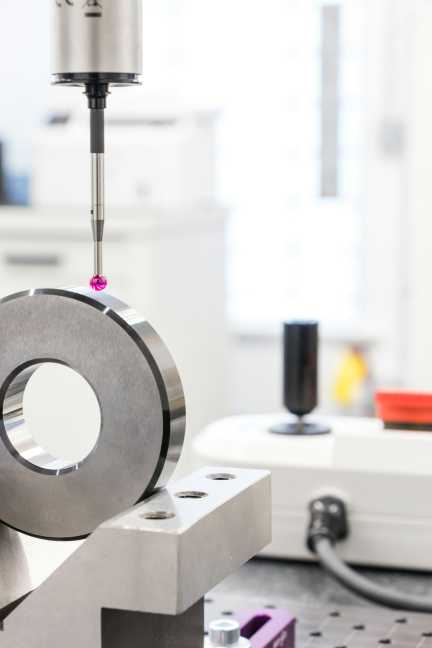Continuous improvement is a concept that has been widely embraced across industries, including manufacturing. In today’s competitive market, companies must constantly strive to improve their processes, products, and services to stay ahead of the competition. In manufacturing, continuous improvement is especially crucial as it can lead to increased productivity, efficiency, and quality.
One of the key benefits of continuous improvement in manufacturing is cost savings. By identifying and eliminating waste in production processes, companies can reduce operating costs and increase their bottom line. This can be achieved through various methods such as lean manufacturing, Six Sigma, and Total Quality Management.
Lean manufacturing, for example, focuses on minimizing waste and maximizing value for the customer. This can involve streamlining production processes, optimizing workflow, and reducing inventory levels. By eliminating waste, companies can significantly reduce their production costs and deliver products more efficiently.
Six Sigma is another popular approach to continuous improvement in manufacturing. It focuses on reducing defects and variation in production processes to improve product quality and customer satisfaction. By implementing Six Sigma methodologies, companies can ensure that their products meet the highest standards of quality and reliability.
Total Quality Management (TQM) is a holistic approach to continuous improvement that involves everyone in the organization. TQM emphasizes the importance of quality at every stage of the production process and encourages employees to take ownership of their work. By fostering a culture of continuous improvement, companies can drive innovation, increase efficiency, and deliver superior products to their customers.
In addition to cost savings, continuous improvement in manufacturing can also lead to increased productivity. By identifying and eliminating bottlenecks in production processes, companies can improve workflow and reduce cycle times. This can result in faster lead times, increased output, and a more efficient use of resources.
Moreover, continuous improvement can also enhance product quality. By constantly monitoring and improving production processes, companies can ensure that their products meet the highest standards of quality and reliability. This can lead to increased customer satisfaction, repeat business, and a positive brand reputation.
Another important benefit of continuous improvement in manufacturing is employee engagement. By involving employees in the improvement process, companies can tap into their knowledge, skills, and experience to drive innovation and creativity. This can lead to a more motivated workforce, higher job satisfaction, and increased employee retention.
Furthermore, continuous improvement can also help companies stay ahead of the competition. In today’s fast-paced market, companies must constantly innovate and improve to keep up with changing customer demands and industry trends. By embracing continuous improvement, companies can stay ahead of the curve, differentiate themselves from competitors, and create a sustainable competitive advantage.
In conclusion, continuous improvement is essential for companies in the manufacturing industry to stay competitive and thrive in today’s market. By focusing on cost savings, productivity, quality, employee engagement, and staying ahead of the competition, companies can reap the benefits of continuous improvement and drive long-term success. Embracing a culture of continuous improvement is not only beneficial for companies but also for their employees, customers, and stakeholders. It is a mindset that can lead to innovation, efficiency, and excellence in manufacturing.

